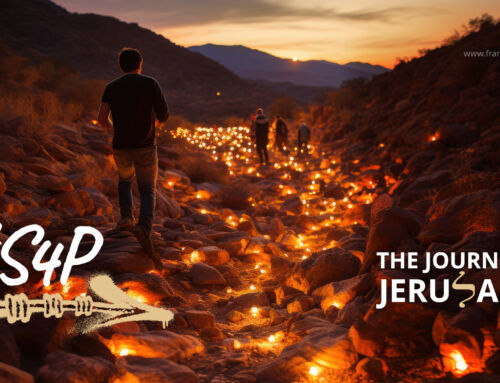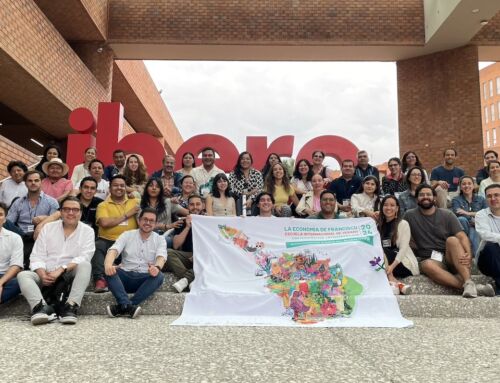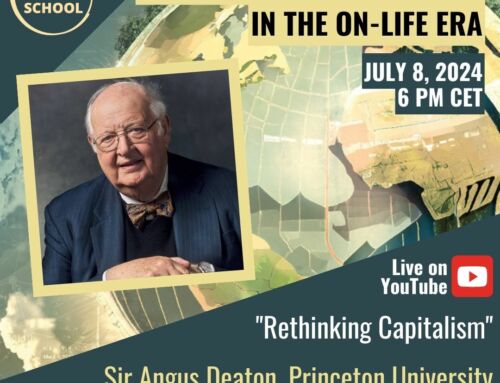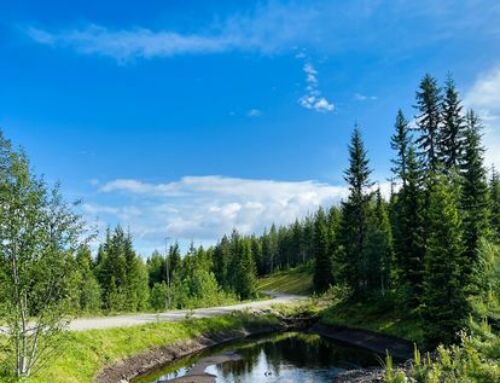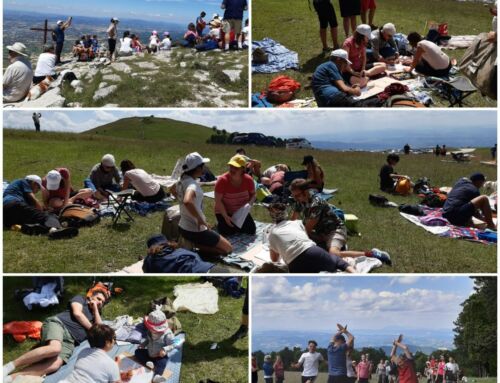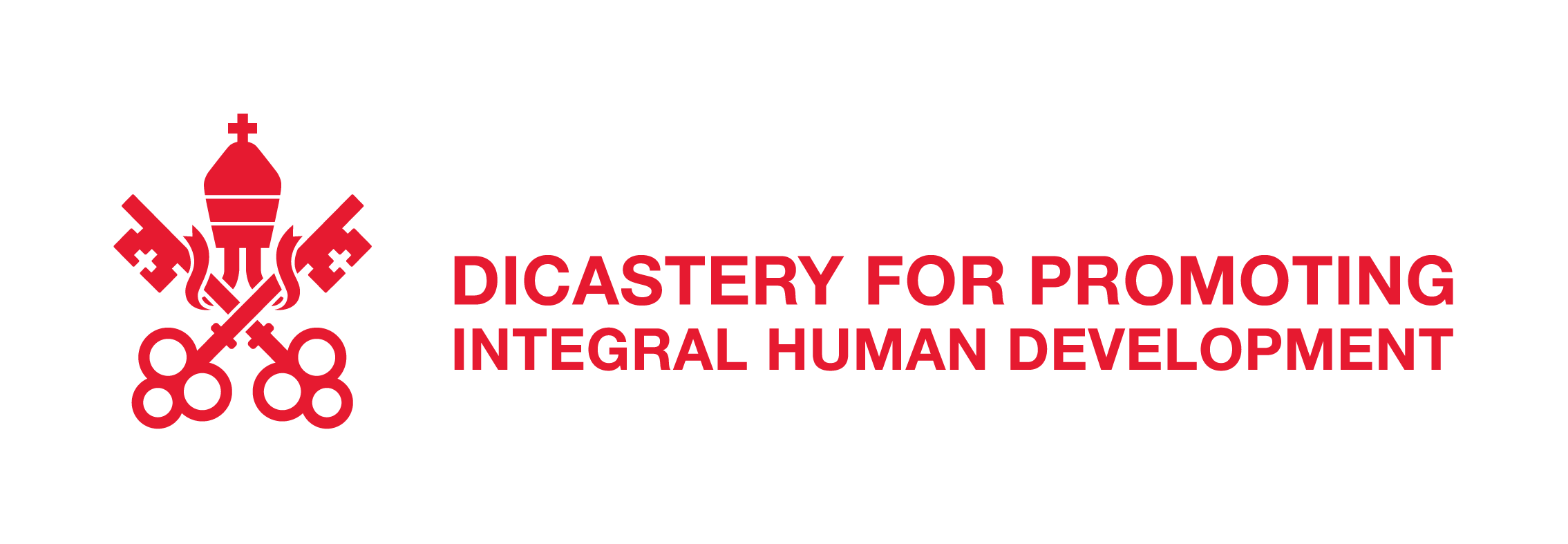
João Paulo and the challenge of Education to launch sustainable models
by Paola del Vecchio, Avvenire.
The young South American Calls communities to healthy management of consumption and nutrition. He will participate in the Economy of Francesco Event: “Let’s show that another world is possible”
Madrid João Paulo Angeli is a trained anthropologist who specialised in Latin American cultural diversity, with a strong environmental vocation. He defines himself as ” passionate about life, learning and also sharing his knowledge” as a popular socio-environmental educator. He affirms: “I strongly believe in the human being and in the good he can do to the entire life community”. He envisions the utopia of the construction of the Intergenerational Pact by our Common House.
He is convinced that the gaze of educators is one that can generate change. “Now I am dedicating myself to psychology studies – João Paulo says – because I have understood that environmental education methods should include opening people’s minds and hearts. The heart is the key to social education.” João Paulo, or JP for friends, is 28 years old and has an extensive experience as a Young Leader of the Earth Charter shaped in the stream of the 1992 Earth Summit held in Rio de Janeiro, on the principles for making environmental awareness come out as concrete action. « I first operated as Manager of Environmental Education at the border between Brazil, Argentina, and Paraguay, at Iguazú Falls, and then with the Young Collective of the Paraná 3 Basin, starting from the processes of change in environmental culture grafted by Itaipu, the world’s leading hydroelectric giant in the production of renewable energy», he pointed out. According to the environmentalist and member of the Paraná Observatory on the Sustainable Development Goals and the UN 2030 Agenda he is, this is an all-out commitment in an ecosystem with important biodiversity but facing threats from human action. “One of the objectives of our action was to call to a different management of consumption and nutrition,” he explains. “We employed the method of research and participatory and action. And it was wonderful to see how an ever-larger community begins to understand the importance of an organic diet, free from superfluous in order to adopt a conscious consumer behaviour, including barter arrangement for goods and services». However, the pandemic then burst out and disrupted the course of the life of João Paulo. “I lost family members and people very close to me,” he recalls. And from the South, he returned one year ago (in April 2021) back to the province of Espírito Santo, as Vice Prefect in Santa Teresa, the municipality where he was born, with twenty-five thousand people, mostly descending from Italian immigrants, so much so that Dante’s idiom is the co-official language. “I left the tertiary sector to engage in political action and to deal with environmental issues as Deputy Project and Strategy Manager, and Head of the Prefect Cabinet,” he explains. A 4-year mandate to be effective.
João also joined the Economy of Francesco because of his experience as a Layperson. He became president of the Council of the Laity of the province of Paraná which covers eighteen dioceses when he was just 24 years old. “I reflected a lot when I heard Pope Francis’ appeal to young economists and change makers. It ignited the spark that was in my heart for the theological and philosophical vision of the transformations of the world, with the economy as the central core. In the Latin America Commission for the Economy, we had a lot of discussions about people’s participation in the management of change. Bergoglio said: “enough, this economy has reached the limit.” And he indicated the need for a coherent debate so that people can have an opportunity to live and overcome inequalities. João reminds us, in the encyclical Laudato si’, the Pope has placed at the centre of the Church the issue of the environment, which today many priests and bishops in the dioceses have understood and incorporated into the ecclesial debate”. As a matter of fact, in view of a paradigm change, João Paulo deals with the topic of life and lifestyles, in the Group ‘Francesco & Chiara’ of the EoF. “Feeding with organic products is a political act,” he points out. “It’s an economic, social and socio-environmental issue.” The young vice-prefect will participate in the EOF event from 22 to 24 September in Assisi, “with an open heart”. “Through our behaviour and our actions, we can show that another world is possible. What is not possible – he adds – is to talk about the economy without talking about education”. To explain it, JP once again resorts to reality: “Now I am in charge of financial management in Santa Teresa, but if I talk about multi-year plans, the citizens will not understand. The challenge is to help them understand the economy. We are referring to an administration that manages a public debt for which we pay twice as much to amortize it, even if no one has ever done an audit. Now we can suggest it.”

